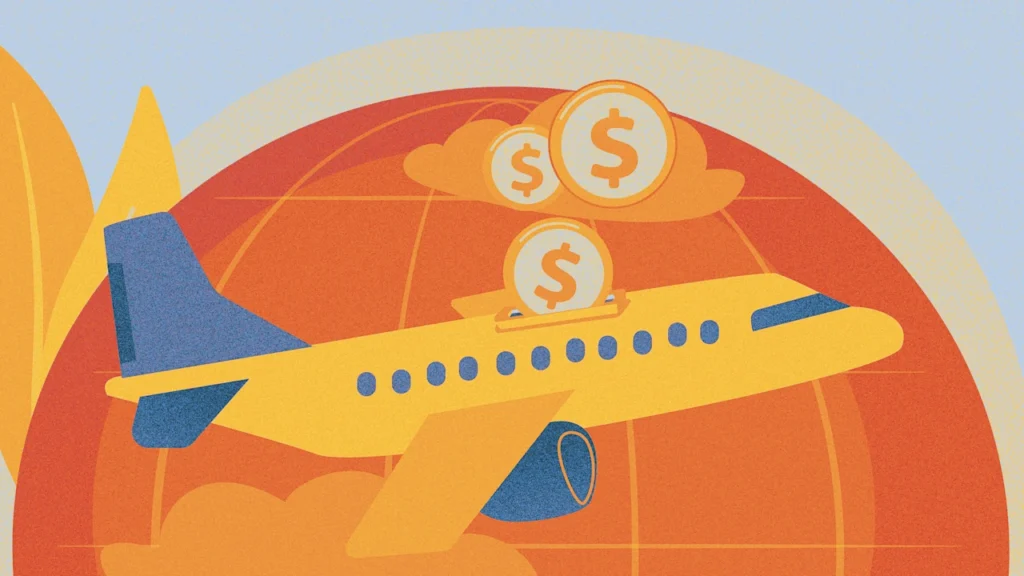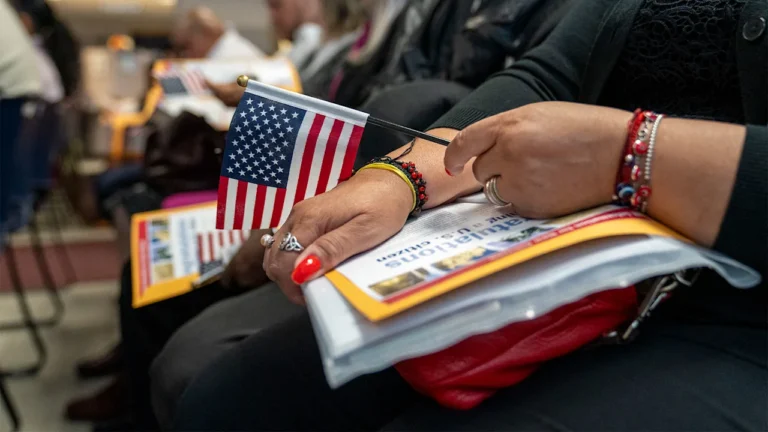
Google Flights is one of the most popular flight aggregators on the web. The site lets users search millions of flights to find the best routes and prices that meet their needs. Unsurprisingly, millions of people use Google Flights to find the best deals on holiday tickets. And the search for cheap flights has also led to many nuggets of so-called conventional wisdom that, if followed, will supposedly help you find the cheapest fares.
But with the holidays rapidly approaching and finding the best deals on flights at the top of mind for millions of Americans, I wanted to find out if these bits of conventional wisdom were actually true—particularly when it comes to Google Flights. So, I went straight to the source and asked James Byers, group product manager at Google Search, who leads the Google Flights team and the development of the company’s other travel products in search.
Claim #1: Clearing cookies or using incognito mode will help you find cheaper fares
The idea behind this claim is that airlines and flight aggregators use cookies on your computer to track how many times you’ve visited a site to search for tickets. Frequent returns by the same user to a site suggest they may be preparing to buy tickets, so airlines or site operators raise prices. To get around this supposed tactic, conventional wisdom says to clear your browser’s cookies or just use incognito mode when shopping for tickets.
But Byers says that, when it comes to Google Flights, this is a myth.
“Whether you have cookies set or incognito, it doesn’t make any difference on Google Flights. You see the same results as anyone else,” says Byers. But he also understands why people believe this one.
He notes that due to the networked nature of the flight ecosystem—there are trillions (yes, with a “T”) of possible flight combinations a person could take, and a price change in just one flight, say, departing from Paris, can result in price changes in seemingly unrelated flights.
These price changes can happen “stunningly rapidly,” Byers says—within seconds—and the rapid nature of these price changes can make people believe the price changes they see when returning to a ticketing site even a few minutes after their first visit are being done to purposely target them, when, in fact, it isn’t.
Claim #2: Using a VPN will help you find cheaper fares
Another bit of conventional wisdom is that, depending on your actual location, you should use a VPN when shopping for flights. This is because airlines sometimes offer the same flight at different prices depending on where in the world you are located.
If you are in a country with a relatively high GDP, the flight you want may be listed at $1,000. But those in countries with lower GDPs may see cheaper fares for the same flight. In short, airlines think people in wealthier countries will be able to pay more for the same flight than people in developing countries.
Byers says this isn’t exactly a myth—but a VPN may do little good in the end. He notes that airlines do tend to offer different prices based on the country you’re purchasing the ticket from, so setting your VPN to show you’re in a different country may help you see lower fares initially.
However, this tactic often fails because “usually, when you go to book that flight, you also need a billing address and a payment instrument, a credit card, or some other means of payment in that country.”
If you don’t use a payment method native to that country, you’re unlikely to get the local fare. In the end, Byers says the VPN hack is “not a strategy we recommend.”
Claim #3: Book your flight tickets on a Tuesday to get the cheapest fares
This is probably the oldest bit of conventional wisdom. The idea is that airlines generally have the lowest fares on Tuesdays, so if you buy your tickets on that day of the week, they will be cheaper than if you buy them on any of the other six days.
Surprisingly, Byers says Google’s data backs this up. But there’s a catch.
“Tuesdays are a little bit cheaper,” Byers says, “but it’s 1.3% [less], compared to Sunday, which is the most expensive day.”
What that means is that if you find the perfect flight on a Sunday, you can wait until Tuesday to see if the price declines—but even if it does, expect to see savings of only around 1.3%, at most. That’s less than seven bucks on a $500 ticket. And if you do wait until Tuesday to get that possible discount, the ticket you want could be gone by then.
“The difference is so small that we recommend that once you see a price [you like] . . . you should [grab] it regardless of what day you happen to book on,” advises Byers.
When you can actually find the best prices on holiday flights, according to Google Flights
Conventional wisdom examined, I asked Byers if he had any tips for finding cheap holiday fares, based on Google Flights’ rich trove of data. Surprisingly, he told me that despite the holidays being little more than just two months away, now is a good time to buy your tickets.
“We’ve got about 40 days until Thanksgiving,” Byers noted when I interviewed him on October 17. “I think we have about something like 70 days until Christmas. Believe it or not, we’re just about at the point where prices historically are the lowest.”
Byers says that, for Thanksgiving, the sweet spot for finding the lowest fares is 35 days before the holiday, which puts the prime buying date at October 24 this year. But he notes that there is some latitude there, which includes “between about 24 to 59 days” before Thanksgiving. “Once you get past that window, prices can go up quickly,” he says.
As for Christmas and the end-of-year holidays, Byers says the peak time to buy your tickets is “about 50 days before. That’s the lowest, based on our data.”
Google’s head of flights had two other suggestions for finding great flight prices throughout the year. The first is to set Google Flight price alerts. “When we tell you it’s a great price,” he says, grab it. “We have some pretty great data and AI behind that to give you confidence that it’s time to book.”
The second: be flexible. The more wiggle room you have with your dates, times, and destinations, the better deals you’ll likely find. “Flexibility is always the name of the game, if you have it.”

